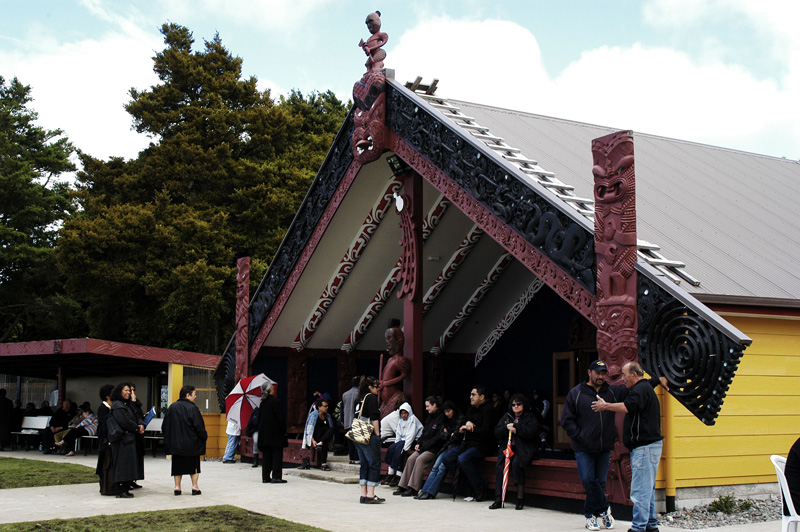Attachments
Note: Not all attachments are visible to the general public. Research URLs will go live after the embargo ends.

Journal/
conference: Social Science & Medicine
conference: Social Science & Medicine
Research:Paper
Organisation/s:
Victoria University of Wellington
Funder:
Rowan Thom received, with thanks, scholarship funding from Te Tatari Raraunga, Science for Technological Innovation Spearhead, National Science Challenge, and internship funding from Motu Foundation.



 New Zealand
New Zealand


